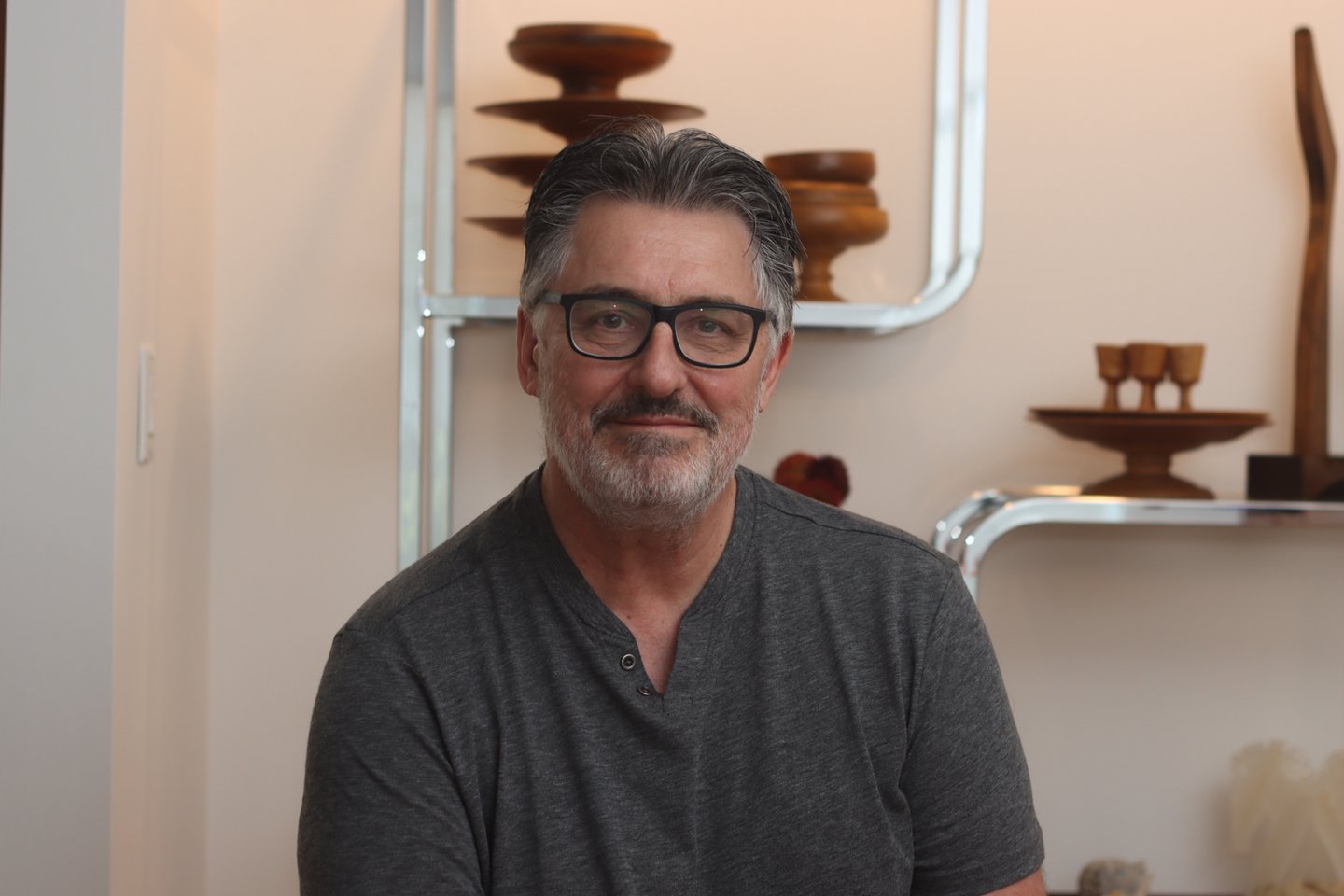Help patients hear about your pharmacy services
Suppose I told you I had developed a solution to one of your biggest life problems—the kind of problem that literally keeps you awake at night.
Maybe I discovered a way to help you lose weight and stay in shape effortlessly. Maybe I can show you how to save so much money that you can retire and do what you really want. Maybe I have a parenting approach that will get your teenage kids to stop ignoring you and start doing what you ask. You get the idea—a seriously big life problem that you desperately want to solve.
If I had such a solution to your problem, would you want me to tell you about it? If you and I were friends and you found out years later that I had neglected to tell you about it, would you be mad at me?
I’m willing to bet that you answered both questions with a loud, “Yes!” And why not? Who wouldn’t want a solution to the problems that get in the way of living a happy, healthy, productive life?
Why then are pharmacists often so hesitant to share their knowledge and promote their patient services?
At least once a week, whether I’m delivering a seminar, working one-on-one with a client, or just responding to email, I hear some variation of the following statement: “I don’t want to send my newsletter / publish my blog / promote my service / talk about what I do too loudly or too often. I don’t want to be pushy.” Maybe you’ve thought or said something similar.
Here’s the thing. Those who make those statements are often nice, considerate people. If they weren’t, the concept of being “too pushy” wouldn’t even occur to them. But it’s a problem—for both the person saying it and those who could benefit from their services and perspective. Remember, when you offer real solutions to real problems—the kinds of things that you answered “yes” to just 20 seconds ago—you’re not taking advantage of people. You’re making their lives better.
But you need to believe it. You need to stop thinking that sharing your education and point of view is imposing on people. It’s not; you’re helping them by giving them your knowledge and perspective. You need to stop thinking that the people who buy services from you are doing you a favour. They’re not; your expertise is effective and valuable, and they need you and what you have to offer at least as much as you need them. And most of all, you need to accept the fact that your practice business focus and the things you do for others are your gift to the people you serve.
Here’s the bottom line. Somewhere along the way, many of us have mistakenly come to believe that “marketing” is tricking people and “selling” is taking advantage of them. It’s time for a new perspective about the work you do.
If you found a cure for a deadly disease, you wouldn’t hide it in your basement. You’d be out there telling the world, day and night, until everyone who could benefit knew about it. Not only would people be happy to pay for it, but they’d be angry if you didn’t give them the chance.
Your work is just as valuable—not to everyone, but to many people in many situations. Your job as a capable professional is to find them and help them. Or at least make it easy for them to find you and the patient services you offer.
The old marketing paradigm is you look for customers. The new marketing paradigm is customers look for you. It’s your job to tell everyone what the value proposition of your patient service is – to your customers along their path to purchase and to allied healthcare practitioners.

